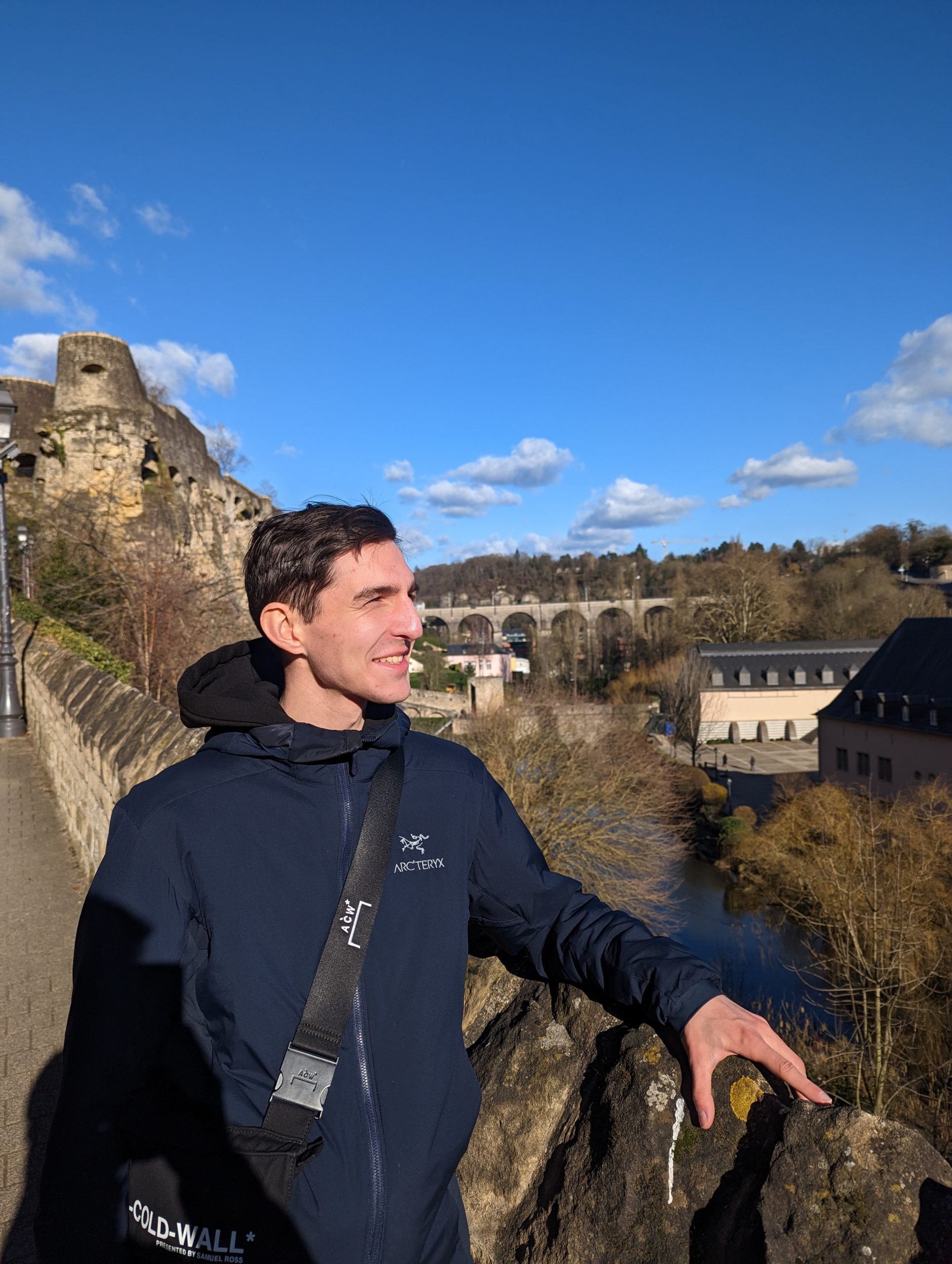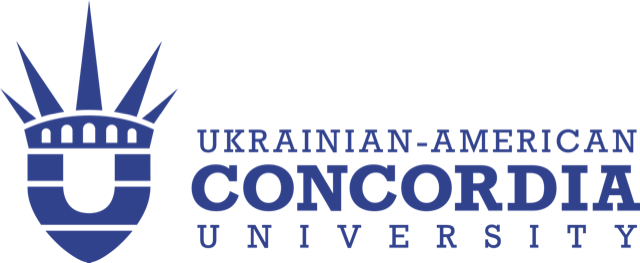Оleksii Bystrov, 3rd year student, educational program “Management”:
“Erasmus+ program gives an opportunity for student to study abroad as an exchange student. It is a perfect possibility to meet new people, learn new language, new culture and just receive experience, even though if it is challenging, or unfortunate.
So, my journey started from integration course itself. It was a 1-month German course, the level of which depended on you. I didn’t have any certificates, but I provided pass scores from German lectures in Concordia University and I was assigned to the German B1.2 group. It was exactly my level, as I think, because I had already overcome this problem with the fear of speaking, but my vocabulary was still poor. The teacher was nice and always ready to help. What I really liked was that the instructor was constantly trying to have interesting activities every lesson. I think it really helps to learn the material better, or, at least, makes the lesson less boring.
Our exam was divided into two parts, written and spoken, the usual division of language exams. If the written part is always the same in its components, then the speaking parts may be different for different teachers. Our instructor offered us 5 topics, 2 of which we would have to talk about at random. They could be either regular oral stories or dialogues. It was not necessary to follow any patterns; the main thing was to fully disclose the topic to the best of your knowledge. Then began the most interesting part – the registration for the items. To be honest, it began much earlier, but it is better to follow the structure and logic of the story than the chronology. So, at Trier University there are two platforms, the Porta and stud-ip. On the first you have to register for subjects and exams, on the second you have access to all the information about the subjects and the analogue of the mail. Since I’m an exchange student, I can register for any course, whether it’s bachelor or master course. Frankly speaking, almost all courses in English are master courses. I guess, that’s the reason why they feel harder than bachelor courses. You can register for literally an unlimited number of courses, I did 7, and it’s generally cool because if you don’t like a course, you can leave it and unsubscribe in port. This kind of shenanigans can only be done the last week before midterm, later you have to take the exam.
So there are 3 types of courses:
- Seminars – students speak and teacher listens to them, asking questions
- Lectures – teacher speaks and students ask questions
- Practical – students receive bunch of tasks
I prefer default type, which is lectures, just because I used to it. I once tried practical course, as I understood, it was some programming lecture, I came to class, but the teacher wasn’t there, there were only students. I decided to wait, 30 minutes passed, no one came, it seemed strange to me, I decided to ask the guys what was going on and where the teacher was. They told me that he was on vacation, and they came to the class just to chat. That was the first course I skipped xd.
An unpleasant situation happened with the subject Finance A. It turns out that some subjects at Trier University are connected, and you have to register for two subjects at once in order to pass the main course. But I did not know that. It happened that I registered only in Finance A, without an additional subject, which also had a completely different name. At one of the meetings, our mentor told us which subject to take in addition, which I did. The next week at the end of the lecture, the instructor was already talking about some project that I had heard about for the first time. It turned out that this project was the essence of the add-on course. Moreover, I missed the only 2 lectures of this course, which I did not know about, because I registered for the course after these lectures, which, incidentally, were abnormally long, more than 8 hours each. As a result, I do not know anything about the project, I cannot learn about it, because it would be unfair to the other students, I will not be able to pass this subject, in consequence I will not be able to pass this additional subject, in consequence I simply will not be admitted to the exam of Finance A. But thanks to our mentor, Professor Jan-Patrick Proost, we solved that problem simply taking the course Finance C. Which was the hardest course from the whole Economics Faculty).
Summarizing all of the above, I want to say that exchange programs are a really cool opportunity to get a unique experience of living and learning in another country, moreover it is a trip, new acquaintances and unique emotions.”

